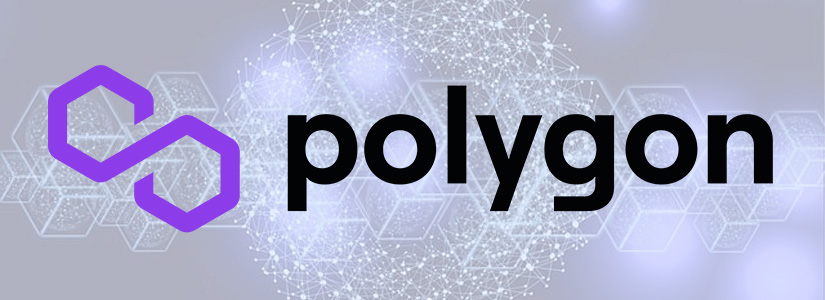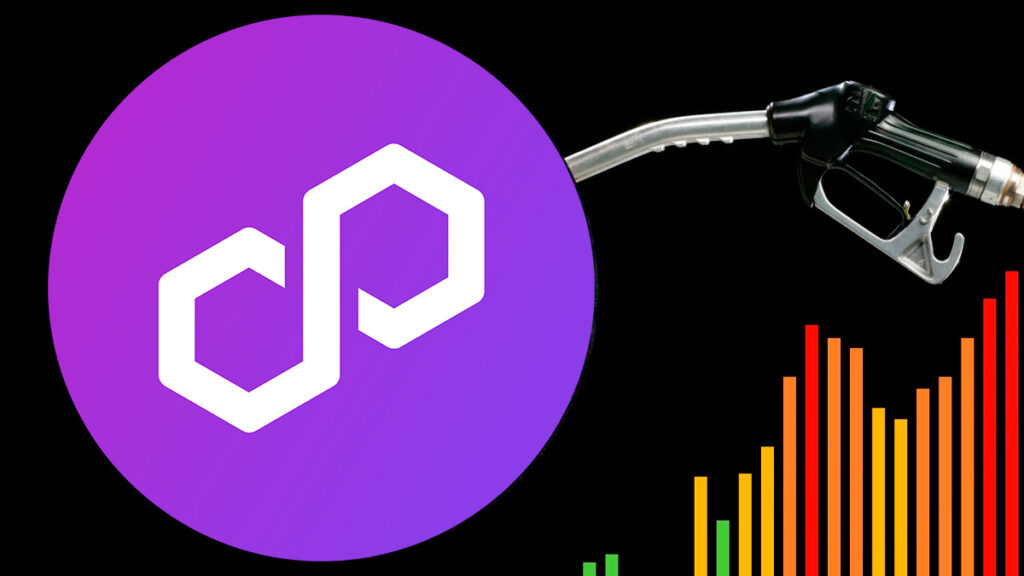Polygon has been experiencing a significant increase in transaction fees, primarily driven by the booming Non-Fungible Token (NFT) market, according to data from Polygonscan. Polygon has become one of the most prominent blockchain platforms for various NFT marketplaces. However, the recent surge in NFT activities, particularly the minting of new tokens, has led to a spike in gas fees.
Data obtained from the service provider revealed a significant increase in the number of daily transactions on the network. Specifically, there was a 166% rise in transactions from the 15th to the 16th of November. The count escalated from 6.17 million to over 16 million within a span of 24 hours.
Polygon’s POLS Tokens Were Behind the Sudden Surge
Transaction fees on Polygon experienced a dramatic increase, soaring over 1,000% to hit a high of $0.10. This was primarily due to a flood of users on the network who were minting tokens inspired by Ordinals, known as POLS. Sandeep Nailwal, the founder of Polygon, expressed his astonishment at the heightened transaction activity on the platform in a post on X.

He speculated that the surge might be linked to the debut of a fresh nonfungible token (NFT) collection based on Polygon.
What is going on on @0xPolygon POS chain? 6m transactions in last 24 hrs. 170 TPS on average. 1mn+ MATIC burnt by the protocol. The chain worked smoothly, gas fees went crazy though but no reorgs or 0 blocks etc.
I hear there is some game Baby Shark Launching, could that be the…
— Sandeep Nailwal | sandeep. polygon 💜 (@sandeepnailwal) November 16, 2023
Despite these challenges, Polygon remains a preferred platform for many NFT marketplaces. It provides the security, interoperability, and smart contract features of the Ethereum blockchain, but with significantly lower transaction fees. Developers prefer Polygon for creating NFT projects that have a high frequency of low-value transactions.
However, the recent surge in fees has raised concerns about the scalability of Polygon, especially given its design as a solution to Ethereum’s scalability issues. The developers at Polygon are likely to address these concerns and implement measures to manage the rising transaction fees and ensure the smooth operation of the network.
In conclusion, while the rising transaction fees on Polygon highlight the growing popularity of NFTs, they also underscore the need for effective scalability solutions in the face of increasing demand. As the NFT market continues to expand, Polygon and other blockchain platforms will need to adapt and evolve to ensure they can efficiently support this burgeoning ecosystem.










